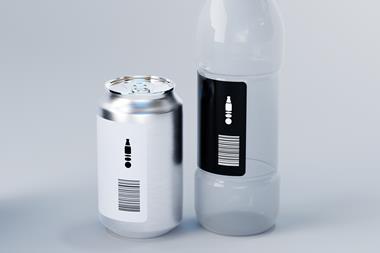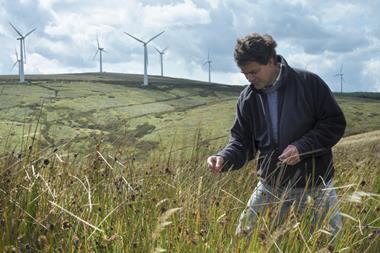Domestic policy is back in the news

The Queen’s Speech last week, while still pretty Brexit heavy, was a refreshing return to government setting out its domestic legislative intentions in the coming months.
ALREADY HAVE A REGISTERED USER ACCOUNT? PLEASE LOG IN HERE
To read the full story join the ConvenienceStore.co.uk community today!
Registration is quick and easy and provides access to:
- Unlimited ConvenienceStore.co.uk articles
- Our great range of newsletters
- Content you’ve saved for later via the ‘my library’ feature
And much more…
































